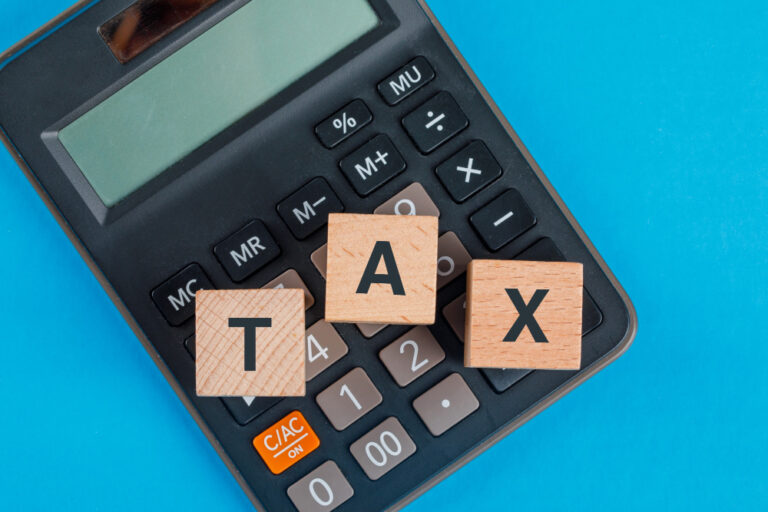Tax Dispute Resolution South Africa: Step-by-Step Guide
Disagreeing with a SARS tax assessment can be stressful — especially when penalties, interest, or even an audit are at stake. But receiving a notice from SARS doesn’t mean you’re powerless. With the right knowledge and professional support, you can challenge inaccurate assessments and bring your business back into good standing.
In this guide, we walk you through the full tax dispute resolution process in South Africa, including how to object, appeal, and avoid common mistakes — all while maintaining professionalism and compliance.
✅ What Is a Tax Dispute?
A tax dispute occurs when a taxpayer disagrees with an assessment or decision issued by SARS. This typically arises after:
- Submitting a tax return (Income Tax, VAT, PAYE)
- SARS performing a verification or audit
- SARS adjusting a return and issuing a revised assessment
- Receiving unexpected penalties or disallowed deductions
When this happens, the tax dispute resolution process in South Africa gives you a formal path to challenge SARS decisions under the Tax Administration Act.
📌 Example:
XYZ Traders (Pty) Ltd filed its VAT return on time but had input VAT of R30,000 disallowed due to “missing documentation.” However, they do have the documents. The company must now file a Notice of Objection with SARS to resolve the issue.

📝 Step-by-Step Tax Dispute Resolution Process
Step 1: Review the Assessment
Before taking action, review the SARS notice (e.g., ITA34, VAT217, EMP217) and ask:
- What was disallowed or adjusted?
- Which tax period and tax type does it apply to?
- What is the stated reason for the adjustment?
- Is there an outstanding amount due?
If the reason is unclear, request a formal Reason for Assessment on SARS eFiling.
Step 2: Submit a Notice of Objection (NOO)
If you believe the assessment is incorrect, you must submit a Notice of Objection (NOO) using SARS eFiling (or e@syFile for PAYE disputes).
⏳ Deadline:
You have 80 business days from the date of assessment to submit the objection.
📎 Include in your objection:
- A clear explanation of why you disagree
- Supporting documentation (invoices, bank statements, contracts, logbooks)
- Reference to relevant sections of tax law (if applicable)
💡 Pro Tip: Objections that are factual, well-organised, and backed by documentation are far more likely to succeed.
Step 3: SARS Reviews Your Objection
SARS will respond within 60 business days. Possible outcomes include:
- Objection allowed in full or part — SARS adjusts your balance and issues a Reduced Assessment
- Objection disallowed — SARS provides written reasons for rejection
Step 4: Submit a Notice of Appeal (NOA)
If your objection is disallowed and you still disagree, you may escalate by submitting a Notice of Appeal (NOA) within 30 business days.
Appeals may proceed through:
- Alternative Dispute Resolution (ADR): A collaborative, cost-effective way to resolve issues
- Formal hearings or tribunal proceedings: For complex or high-value disputes
🧭 ADR is often recommended first — it’s faster, less formal, and allows you to avoid litigation.
Step 5: Settle or Escalate
If ADR or appeal fails, the matter may proceed to the Tax Board or Tax Court, depending on the amount and complexity of the dispute.
⚖️ Most tax disputes in South Africa are resolved during the objection or ADR stage — especially when handled professionally and within SARS guidelines.
❌ Common Mistakes to Avoid
To ensure success in tax dispute resolution in South Africa, avoid these common errors:
🔺 Submitting vague or emotional objections
Stick to facts, documents, and legal grounds — not frustration.
🔺 Missing deadlines
Late objections require a condonation request, which SARS may reject.
🔺 Lack of documentation
Keep a full record of submissions, reference numbers, and correspondence.
🔺 Using unofficial channels
Phone calls and emails are not recognised for formal disputes. Use eFiling only.
✅ Tips for a Successful Tax Dispute
- Use the correct form and tax type (e.g., NOO for income tax, VAT217 for VAT)
- Reference the exact line item and amount in dispute
- Label all documents clearly (e.g., “Invoice – Jan 2024”)
- Keep your explanation concise, factual, and free of emotion
- Get professional assistance early in the process
👨💼 Why Work With a Tax Professional?
Tax dispute resolution in South Africa can become complex — especially in cases involving:
- Large VAT refunds or rejections
- PAYE late payment penalties
- Disallowed deductions (travel, meals, fringe benefits)
- Non-resident tax issues or withholding tax errors
A tax practitioner can:
- Assess the validity of the SARS assessment
- Draft structured, persuasive objections with references to legislation
- Engage SARS directly and manage the timeline
- Help you avoid escalation and resolve matters quickly
✅ Sparrows Chartered Accountants – Experts in SARS Dispute Resolution
At Sparrows Chartered Accountants, we’ve helped dozens of South African businesses successfully resolve SARS disputes — often within weeks, not months.
Our services include:
- Review and interpretation of SARS assessments
- Preparation of NOOs and NOAs
- SARS profile clean-up (including dormant returns or unverified details)
- Representation during ADR and tax appeals
Whether you’re disputing a VAT disallowance or facing a hefty PAYE penalty, we’re here to guide you through every step — professionally and efficiently.
Need help with a SARS tax dispute?
Contact Sparrows Chartered Accountants today to resolve your assessment the right way — with clarity, compliance, and confidence.
Disclaimer: This article is intended for general informational purposes only and reflects the legislation and SARS practices in effect at the time of publishing. Tax laws are subject to change, and individual circumstances vary. Always consult a registered tax practitioner or financial advisor for advice tailored to your situation.







